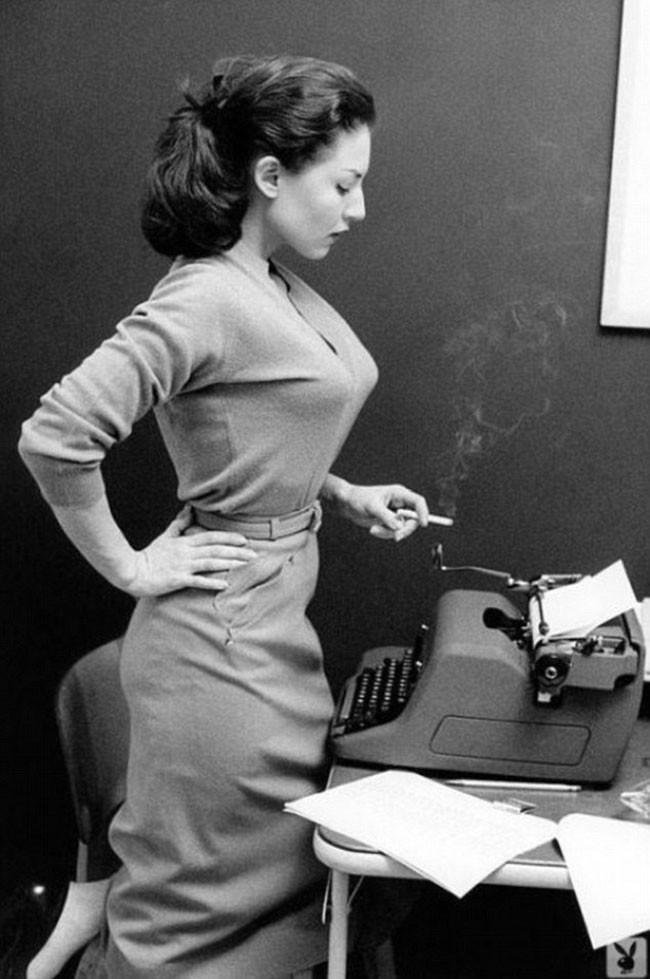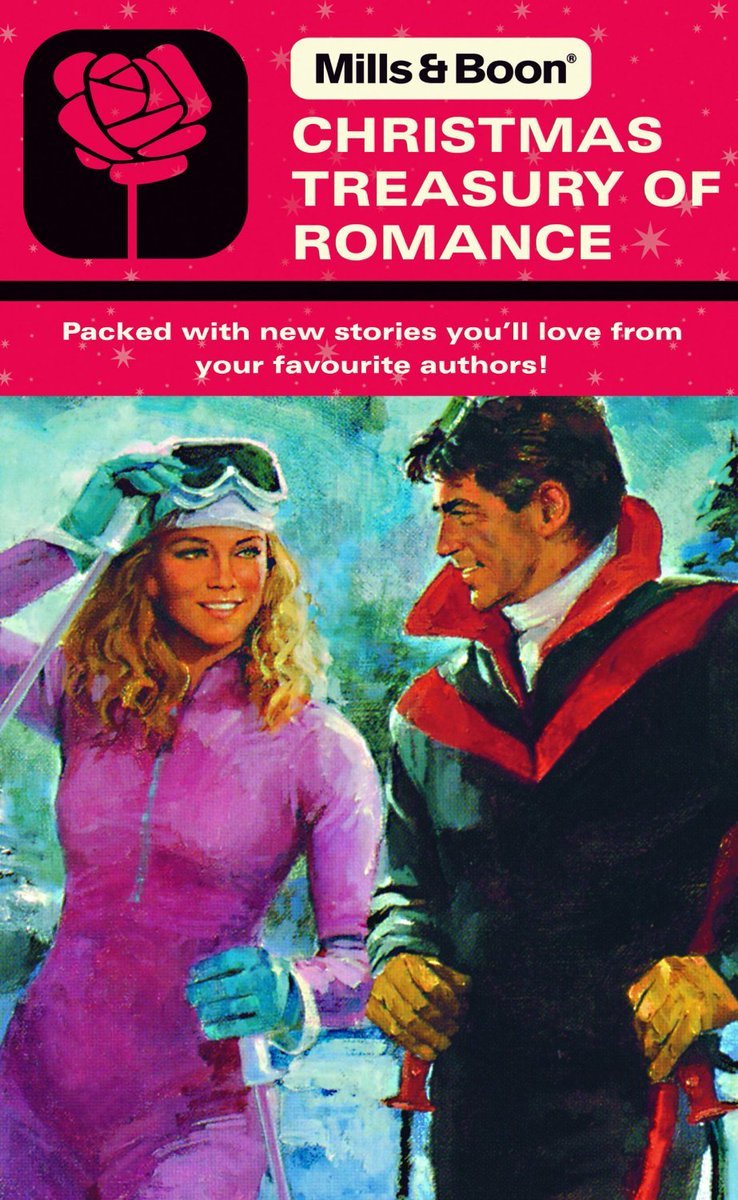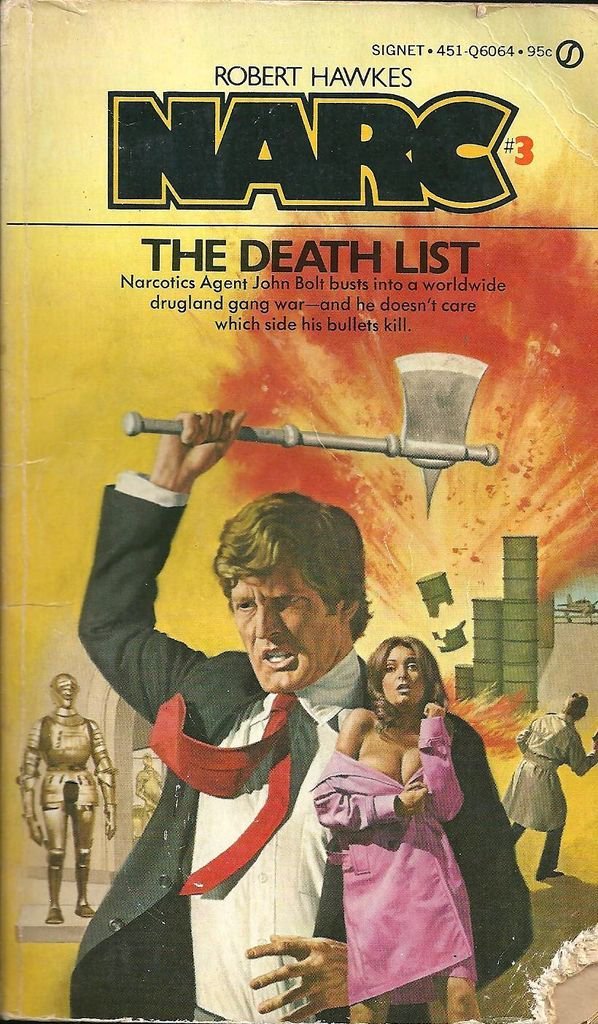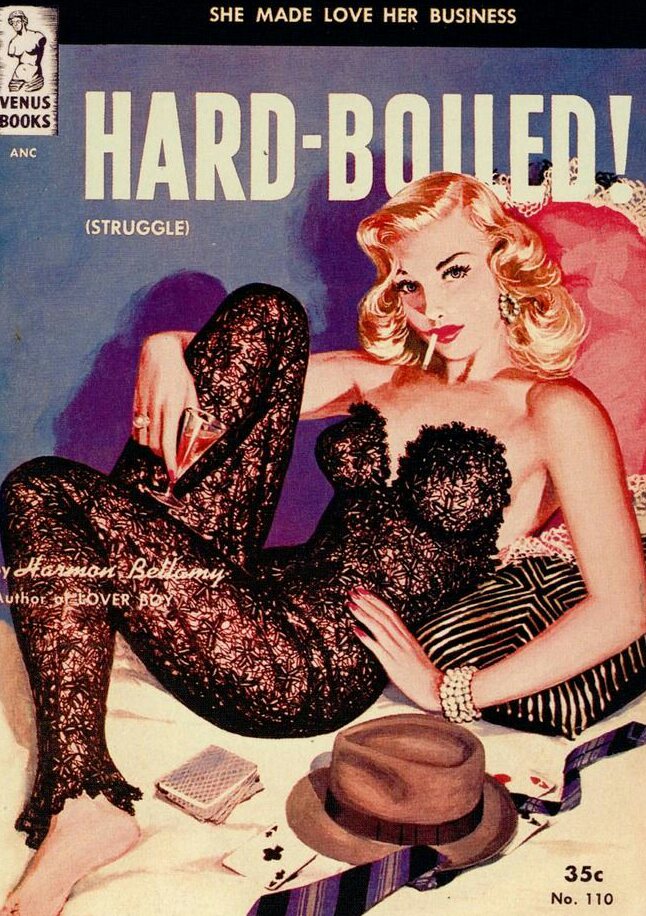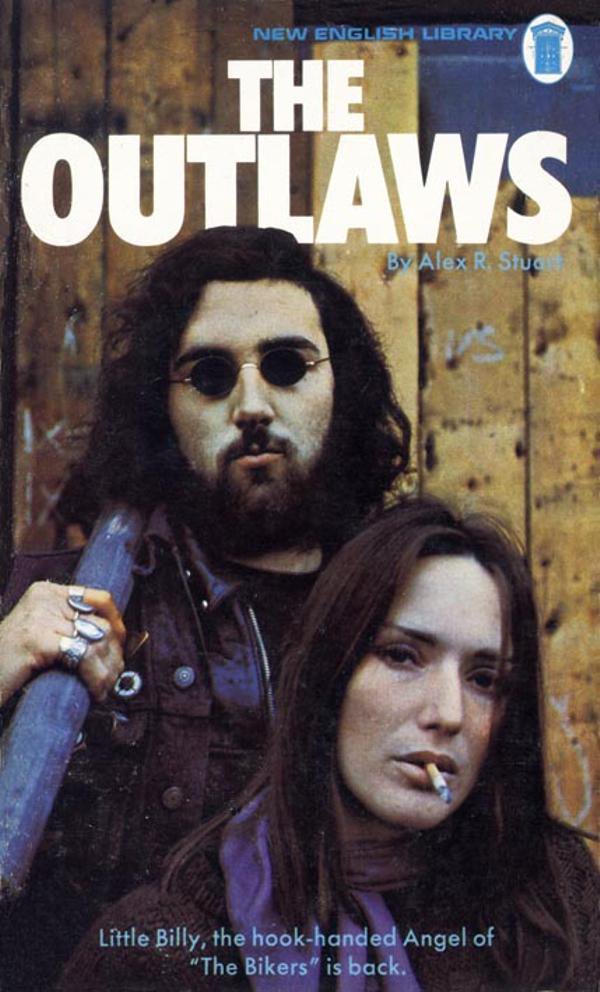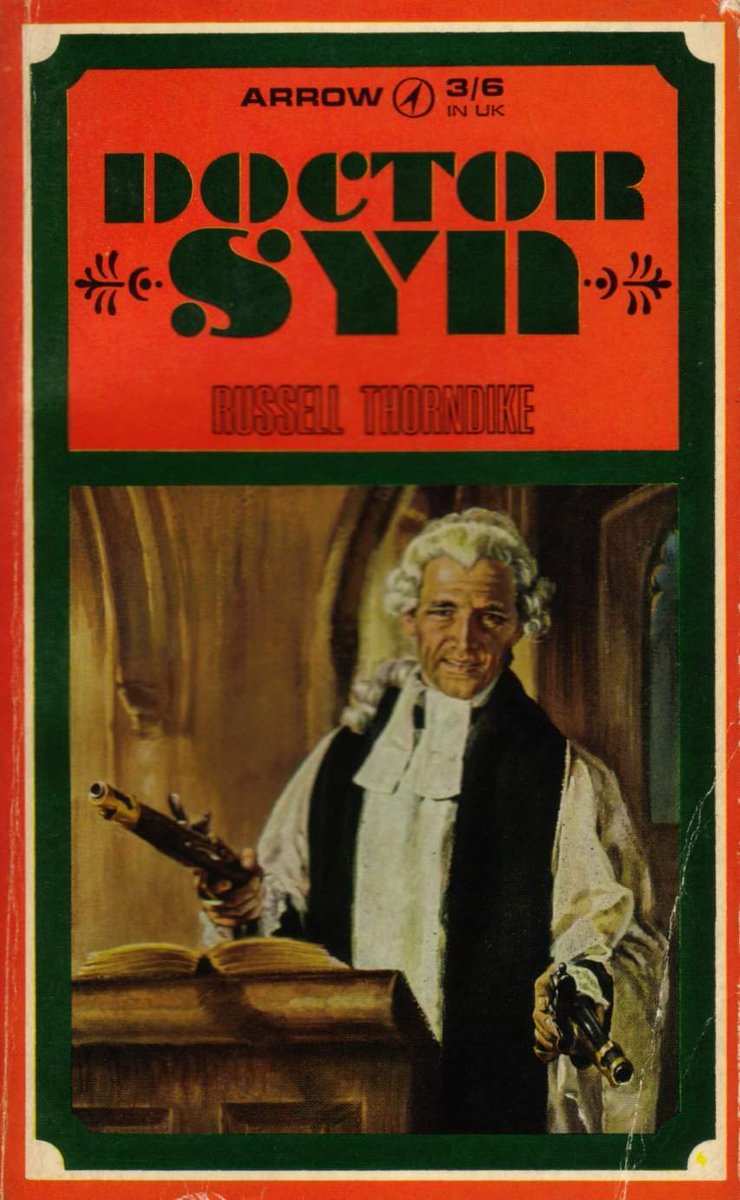Today in pulp:I recast Blakes 7 with 1970s British sit-com actors to see if it still works!
Surprisingly it does...
Surprisingly it does...

#Blakes7 was the BBC's dystopian space opera, running from 1978 to 1981. Cynical, bleak and violent it captured the mood of the late '70s.
But what if David Croft and Jeremy Lloyd had written it? Who would they have cast in Blakes 7: The Sitcom?
But what if David Croft and Jeremy Lloyd had written it? Who would they have cast in Blakes 7: The Sitcom?

Well for Roj Blake my money's on Richard O'Sullivan. Decent, craggy, a natural leading man and a versatile actor. He also played Dick Turpin on ITV so he knows how to portray an outlaw. 



And for space smuggler Jenna Stannis I'm going with Richard's co-star from Robin's Nest, Tessa Wyatt. She has the sensible glamour for the part and the right chemistry with O'Sullivan to make the big scenes work. 

For ruthless, cynical Kerr Avon there really is only one choice: Hywel Bennett. That cruel charm, those piercing eyes, the world-weary chops. He's just perfect for the part. 

Ace thief Vila Restal is a tough one, but I've plumped for Dick Emery here: natural comic timing, a quick wit and good with the cowardly hero roles. His performance in the film Ooh You Are Awful seals the deal on this one. 

Alien telepath Cally has a snooty, aloof charm so I think Webdy Craig fits the bill here. Her theatre work gives her the dramatic range, whilst her sit-com experience means she can play the foil to other characters with perfection - that was always Cally's role. 

Supreme Commander Servalan? It had to be Yootha Joyce! Cruel, glamorous and waspishly funny when she needs to be, she was born to rule space. 

Space Commander Travis needs a big presence as the big villain, so step forward Windsor Davies. He'd put the fear of God into the mutoids as well as Blake in any interrogation scene. 
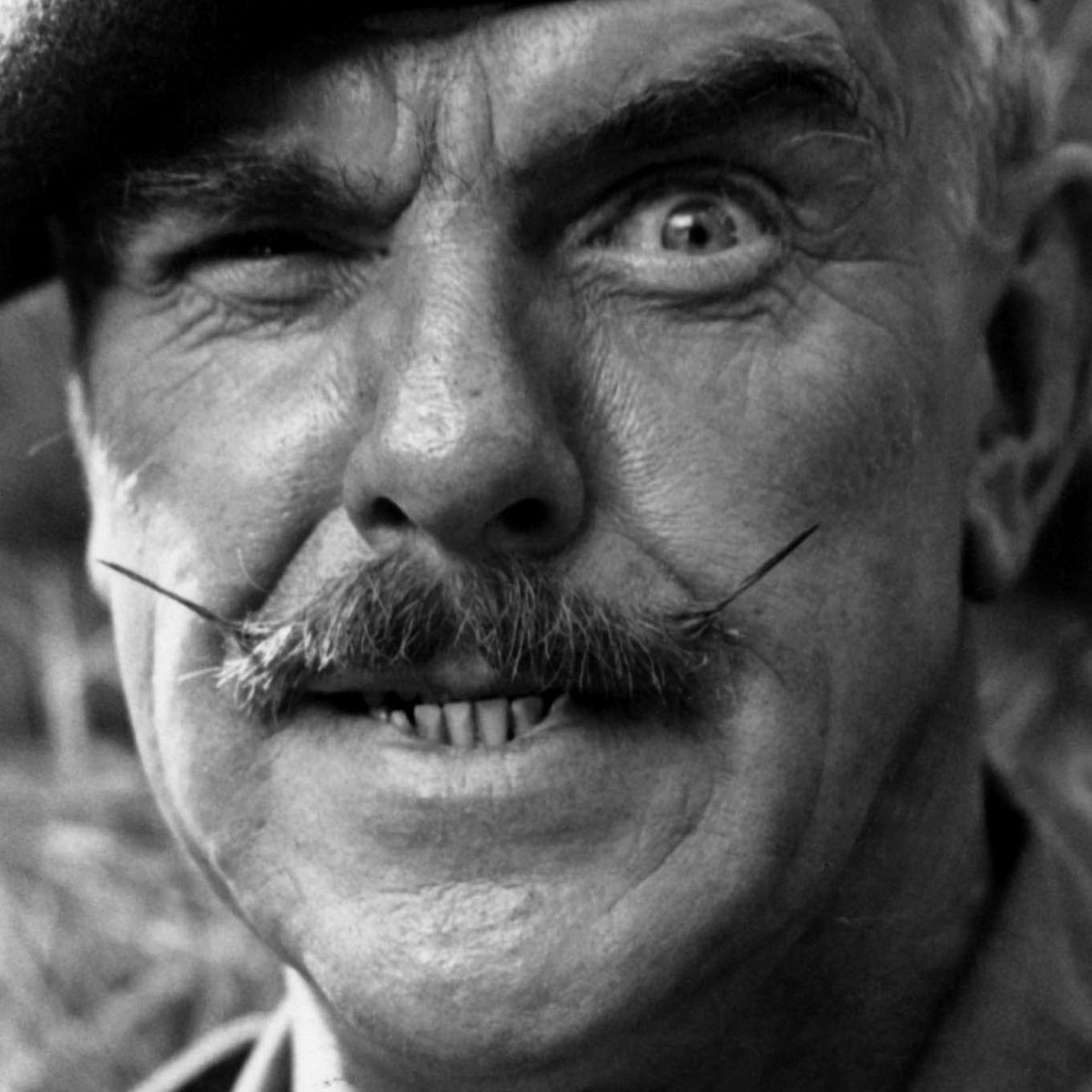
On to the secondary characters now, and for Olag Gan I'm choosing that stalwart character actor Derek Deadman. From the Sweeney to Never The Twain he could play the B-role bruiser to perfection. He also played a Sontaran in The Invasion Of Time, so he knows his sci-fi. 

Ship's computer Zen needs a dull but stentorian voice, and who better to provide it than Frank Thornton. Never mind Captain Peacock, Frank was thr voice of some of the best Public Information Films of the '70s - he has the vocals for this. 

And finally sarky, irascible, brilliant computer brain Orac. This is Leonard Rossiter to a tee. You can probably hear his querulous tones in your head as you read this. Perfect casting. 

Would Blakes 7 work as a '70s sit-com? We'll never know. But it's always worth remembering the sheer range and brilliance of the talent that was available to TV producers on the 1970s. We will never see their like again.
More stories another time...
More stories another time...
• • •
Missing some Tweet in this thread? You can try to
force a refresh


